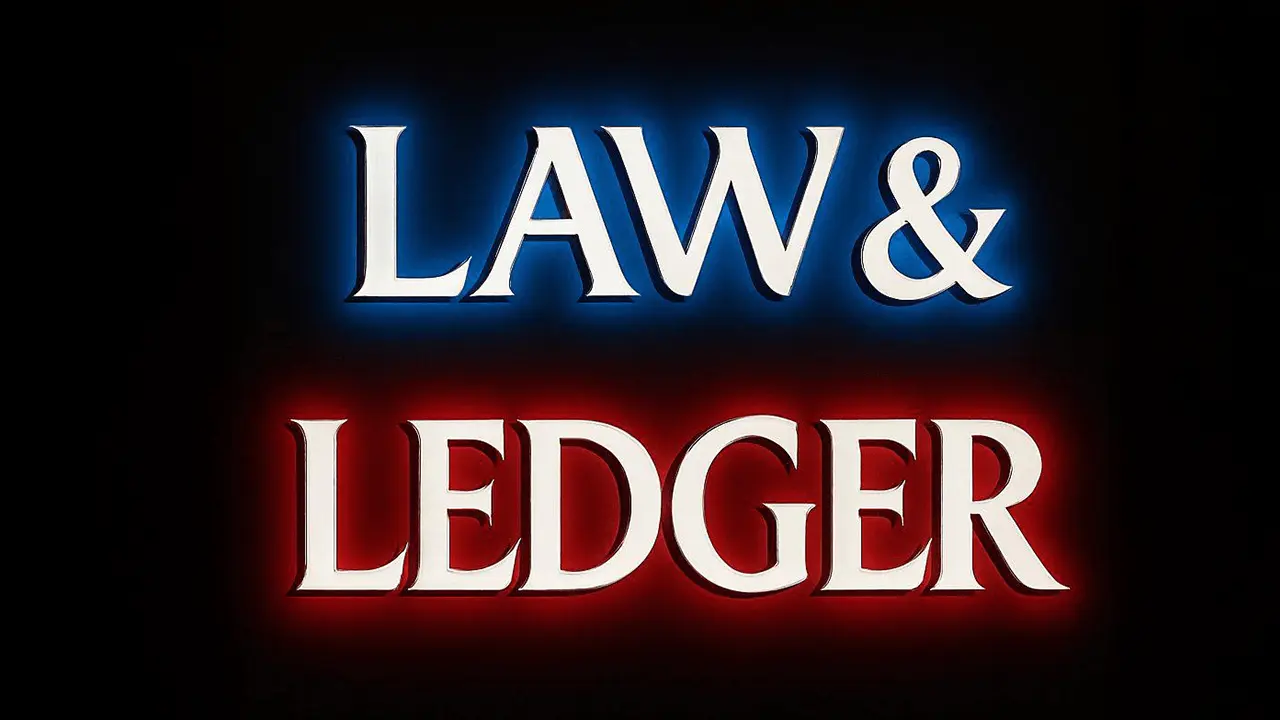
Law and Ledger is a new segment dedicated to providing insights into the legal aspects of the cryptocurrency industry. Presented by Kelman Law, a law firm specializing in digital asset commerce, this segment aims to shed light on the evolving legal landscape surrounding cryptocurrencies.
In a recent opinion editorial penned by Alex Forehand and Michael Handelsman for Kelman.Law, the focus was on the integration of artificial intelligence (AI) and smart contracts in the blockchain space. This intersection represents a significant development in the crypto industry, with implications for both legal and technological advancements.
AI technology has been increasingly utilized in various industries for its ability to streamline processes, analyze data, and make automated decisions. When integrated with blockchain technology, AI can enhance the efficiency and security of smart contracts. Smart contracts, which are self-executing contracts with the terms of the agreement directly written into code, can benefit from AI's capabilities to automate tasks and ensure compliance with predefined rules.
One of the key advantages of incorporating AI into smart contracts is the potential for more sophisticated and dynamic contract execution. AI algorithms can analyze real-time data and adjust contract terms accordingly, providing more flexibility and adaptability in contract management. This dynamic approach can reduce the need for manual intervention and streamline contract negotiations and enforcement.
However, the integration of AI and smart contracts also raises legal considerations that must be addressed. As these technologies become more intertwined, questions surrounding liability, accountability, and regulatory compliance come to the forefront. Legal frameworks may need to evolve to accommodate the complexities introduced by AI-driven smart contracts, ensuring that they remain transparent, fair, and enforceable.
Moreover, the use of AI in smart contracts may introduce new challenges in terms of data privacy and security. As AI algorithms process and analyze large amounts of data to execute contracts, concerns about data protection and confidentiality become paramount. Ensuring compliance with data privacy regulations and implementing robust security measures will be crucial to maintaining trust in AI-powered smart contracts.
As the crypto industry continues to evolve, the integration of AI and smart contracts holds immense potential for innovation and efficiency. By leveraging the capabilities of AI technology, smart contracts can become more intelligent, responsive, and reliable. However, navigating the legal implications of this integration will be essential to foster a regulatory environment that supports the responsible and ethical use of these technologies.
In conclusion, the convergence of AI and smart contracts represents a significant milestone in the evolution of the crypto industry. By addressing the legal challenges and opportunities that arise from this integration, stakeholders can harness the full potential of these technologies
Source: https://news.bitcoin.com/ai-and-smart-contracts-legal-implications-for-crypto/

Leave a Reply